Do you want to grow your own crops and have access to fresh, organic vegetables throughout the season? If so, then you should know that their proper growth and development depends on many factors. Find out how to prepare the soil for planting vegetables in order to provide them with the best conditions for growth.

Do you want to grow your own crops and have access to fresh, organic vegetables throughout the season? If so, then you should know that their proper growth and development depends on many factors. Find out how to prepare the soil for planting vegetables in order to provide them with the best conditions for growth.
- The right time to prepare the soil for growing vegetables
- Necessary tools for preparing the soil for planting vegetables
- Weeding
- How to improve the soil structure for vegetable gardens?
- Soil pH level – how to change it when preparing the soil for a vegetable garden?
- Soil fertilisation – how to fertilise the soil for vegetables
- How to prepare soil for vegetables – summary
The right time to prepare the soil for growing vegetables
You should look after the soil in which you intend to grow vegetables all year round, so that it is full of nutrients necessary for the plants to develop. Check what treatments you should perform in each season of the year to prepare the soil for vegetables.
Spring
How to prepare soil for planting vegetables? The moment just before sowing vegetables seeds or planting vegetable seedlings is the most important in the season and consists of several stages:
- weeding,
- tilling,
- determining and stabilising the pH level of the soil,
- fertilisation with compost or manure.
Summer
Once the plants are already growing, you can, and in some cases will need to, additionally fertilise them to supplement the soil with the necessary nutrients that the vegetables take from the ground.
Autumn
How to prepare the soil for a vegetable garden in autumn? After harvesting, the soil should be cleared of plant remains and weeds, and then dug up so that the outer layer is buried to neutralise any harmful fungal pathogens that may be present. At the same time, during this process, underground pests will be brought to the surface and at least some of them will become food for birds. It is also a good time to enrich the soil with autumn fertilisers – while digging, the soil will be thoroughly mixed and thus evenly nourished.
Winter
How to prepare soil for planting vegetables? Already at the end of autumn it is recommended to plant catch crops in the vegetable soil. You need to determine the optimal moment so that the plants sprout before the first frosts. This will then protect the soil throughout the winter from erosion and being washed away, and in the spring it will become a natural fertiliser to enrich the soil.
Necessary tools for preparing the soil for planting vegetables
The work related to the preparation of soil for growing vegetables is not complicated, so you will not need any complicated equipment. If you are a keen gardener, you probably already have everything you need:
- A spade – used for digging up the ground before and after the growing season.
- A hoe – makes it easier to remove weeds.
- A fork – makes it easier to pull out extensive weed root systems from the ground.
- A rake – after you have finished, you can use a rake to level the ground, at the same time removing plant remains and other undesirable elements.
- Mini garden tools – smaller hoes and shovels will come in handy when digging up the soil when the vegetables are already growing in the ground.
- A tiller – for larger areas, more advanced garden tools, such as a tiller, will prove useful and save you from digging up the soil by hand.
- Soil pH tester – helpful to determine the pH level of the soil.
Weeding
Weeding the soil where the vegetables are to be grown will be most difficult in the first season – when you are creating the beds and you need to remove all existing plants from the soil. It is recommended to dig the soil very deeply at this stage and use a fork to dig out the weeds together with the roots – unlike a spade, a fork will not cut the roots, but help get rid of them completely, which will prevent the regrowth of unwanted plants later on.
However, weeding will need to be repeated. You should keep an eye on your vegetable garden throughout the year and weed it on an ongoing basis, so that weeds do not have a chance to develop. Digging up the soil in spring and autumn will help you keep it free of weeds.
How to improve the soil structure for vegetable gardens?
How should you prepare the soil for a vegetable garden? The next step is to take care of the soil structure – it should be permeable, but at the same time not too sandy or light, and properly aerated. How can you achieve this?
If the soil in your garden is compacted or clayey, improving its quality should not be difficult – you can add some sand, which will loosen its structure, allow air and water to reach all the layers, and thus provide the vegetables with appropriate conditions for growth. The plant roots will otherwise be exposed to rotting, lack of water and low temperatures – soil with this structure heats up slower than permeable soil.
However, another issue is too light, sandy and permeable soil, which drains too quickly, flushing out valuable nutrients. Such soil should be compacted and enriched with crushed clay and compost – mix these ingredients with the soil, to a depth of approx. 8 inches.
Improving the soil structure for growing vegetables can sometimes be very demanding. You could therefore consider another solution – creating raised beds from pallets, which you will fill in part or in full with ready-prepared soil for growing vegetables.
Whether leaves, lawn cuttings, or food waste – in a 1000 L or 1,120 L or 1,260 L garden compost bin, waste is turned into valuable compost that provides the garden with numerous nutrients, allows flowers to bloom and vegetables to grow beautifully.
Soil pH level – how to change it when preparing the soil for a vegetable garden?
When preparing the soil for growing vegetables, its acidity level should also be taken into account. Most vegetables grow best in soil with a pH level of 6.0 to approx. 6.8, i.e. they prefer a slightly acidic or neutral reaction. However, some plants, such as tomatoes or parsley, grow well in acidic soil, with a pH level of approx. 5.5-6.5. How to plant herbs? Herbs, in turn, grow best in slightly alkaline soil.
An important stage in preparing the soil for growing vegetables is to measure the pH level of the soil with a special soil pH tester, with which you will be able to perform the test yourself. If the soil turns out to be too acidic, you should neutralise it with a lime fertiliser. In the case of alkaline soil you should slightly acidify it – to do so you can use peat, pine bark, sawdust or a fertiliser with ammonium sulphate.
Soil fertilisation – how to fertilise the soil for vegetables
Properly prepared soil for vegetables should be rich in nutrients and minerals. However, you have to make sure that it does not become infertile over the following years, by enriching its composition with various fertilisers.
The safest option for vegetables are organic fertilisers, i.e. compost produced in your own garden (or purchased) and manure – e.g. chicken, horse or cattle manure. Compost can be used all year round, while manure works best in autumn and when planting – but be careful that it does not come into direct contact with young seedlings, as it could burn their roots.
Mineral fertilisers are also important, because they provide the plants with the necessary elements in the right amounts – in their case, be careful not to add too much too often, because over-fertilisation is as dangerous for vegetables as the potential mineral deficiencies.
Another method of fertilisation could also be to use wood ash – something you should have in abundance if you have a fireplace at home. Ash is rich in calcium, phosphorus, potassium and other micro-nutrients that will enhance healthy growth of vegetables in your garden. However, such fertilisers should not be used on alkaline soils, because they increase the pH level of the soil.
How to prepare soil for vegetables – summary
Growing vegetables in your garden should be preceded by appropriate preparations. Knowing how to prepare soil for growing vegetables in your garden is as important as knowing how to build a greenhouse or how to plan irrigation in the garden. As you can see, soil requires comprehensive preparation, but keeping it this way is not as tricky as it could seem. If you look after it regularly and at the right time of the year, it will be an easy and pleasant task! The results of your hard work will be rich crops with healthy and delicious vegetables from your own garden.

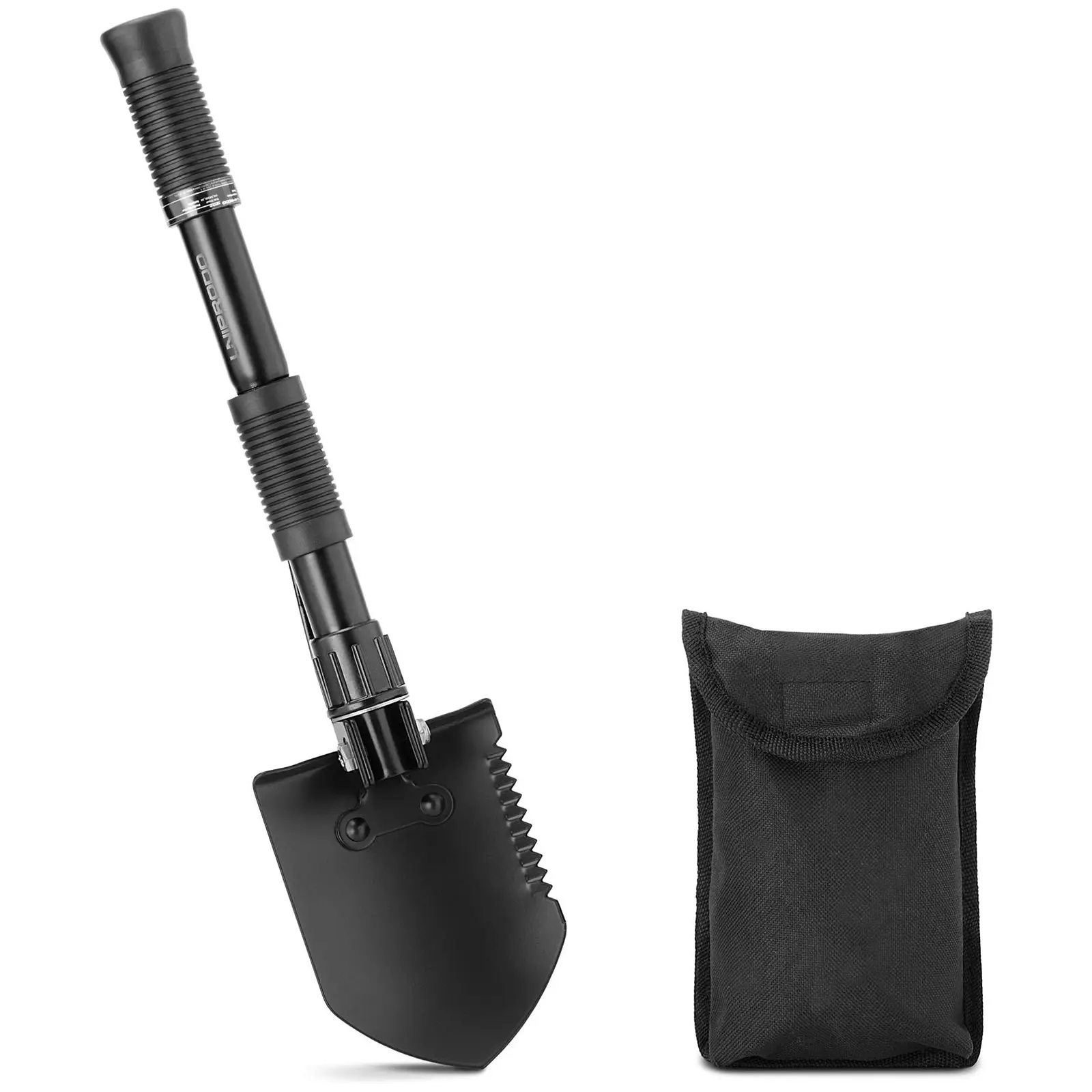
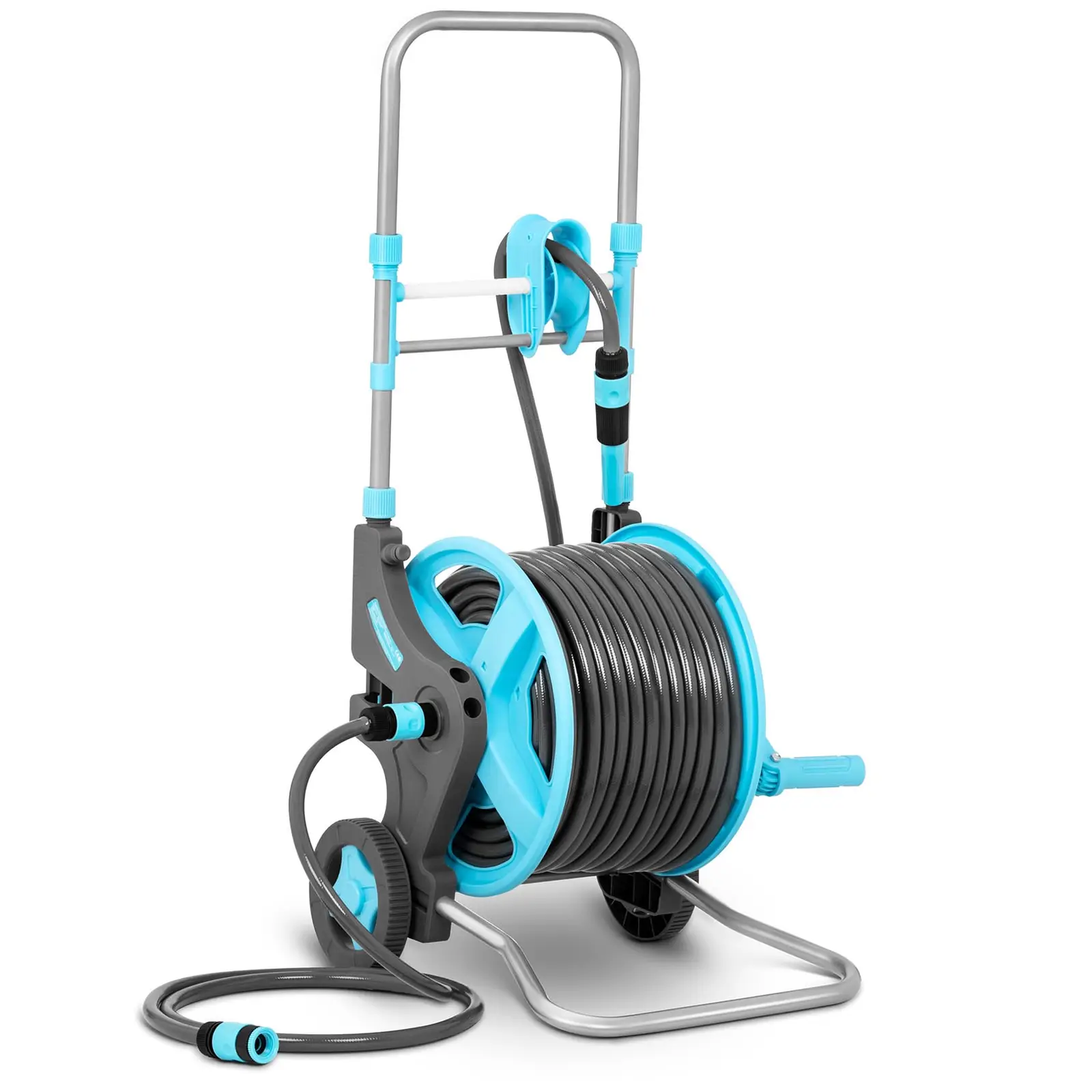
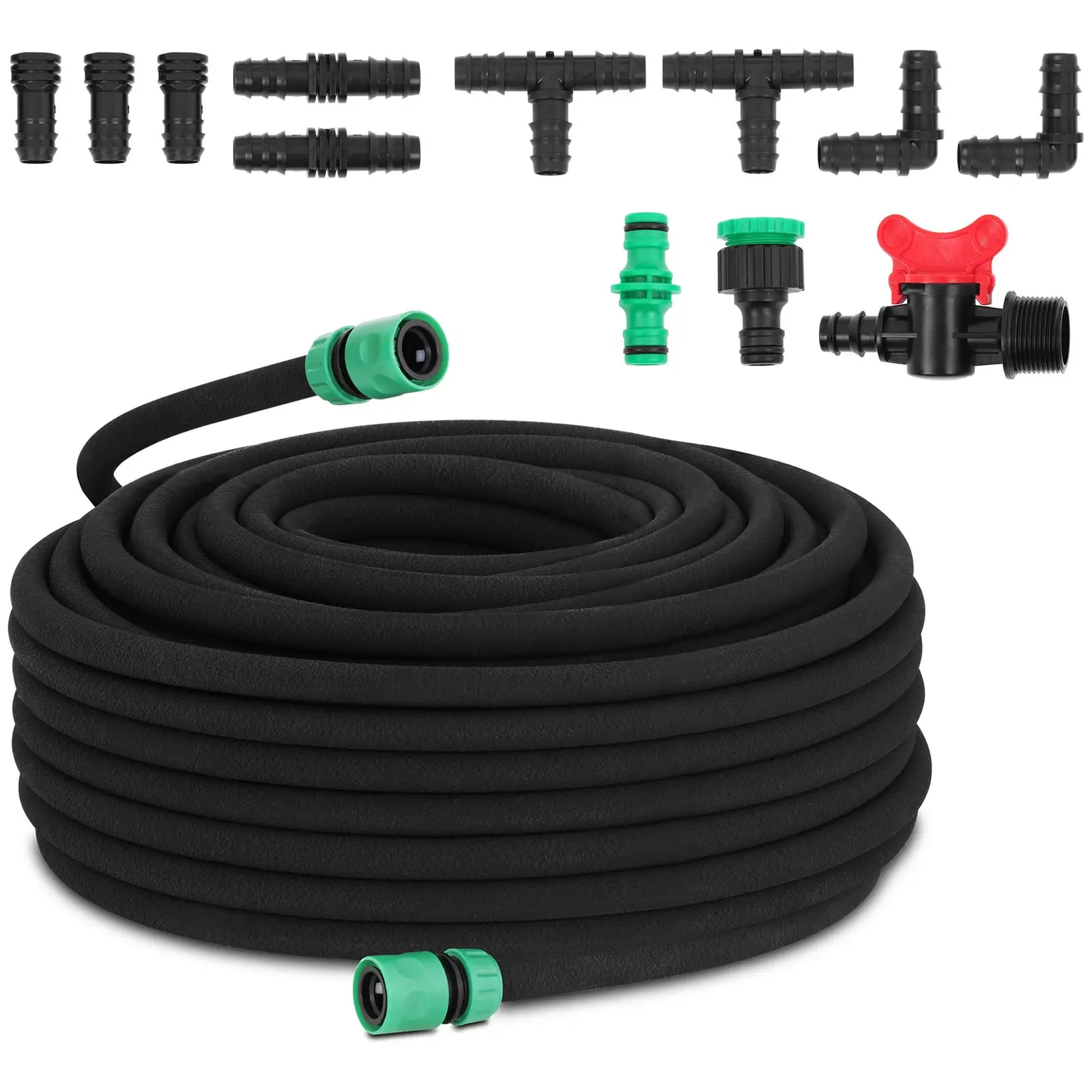
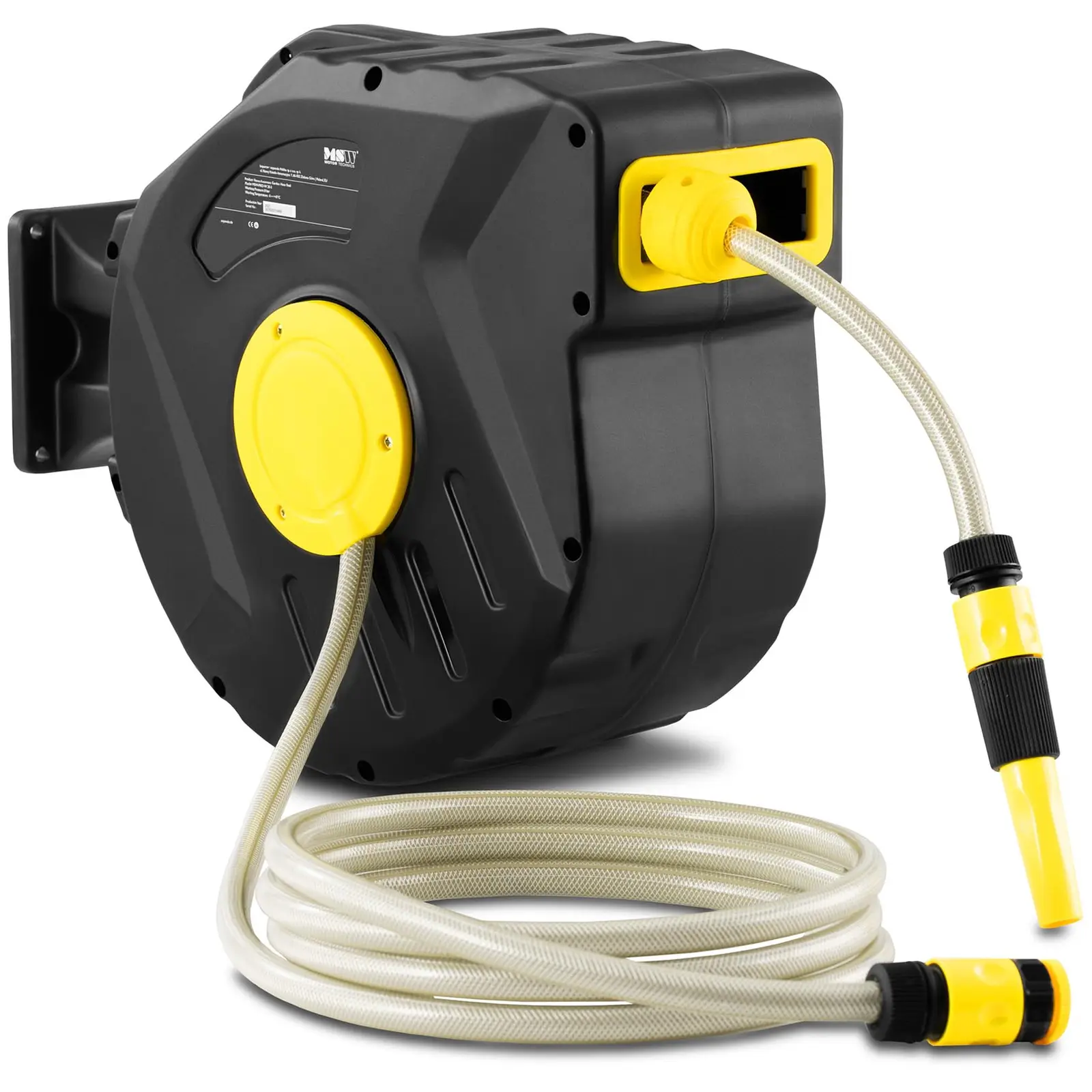

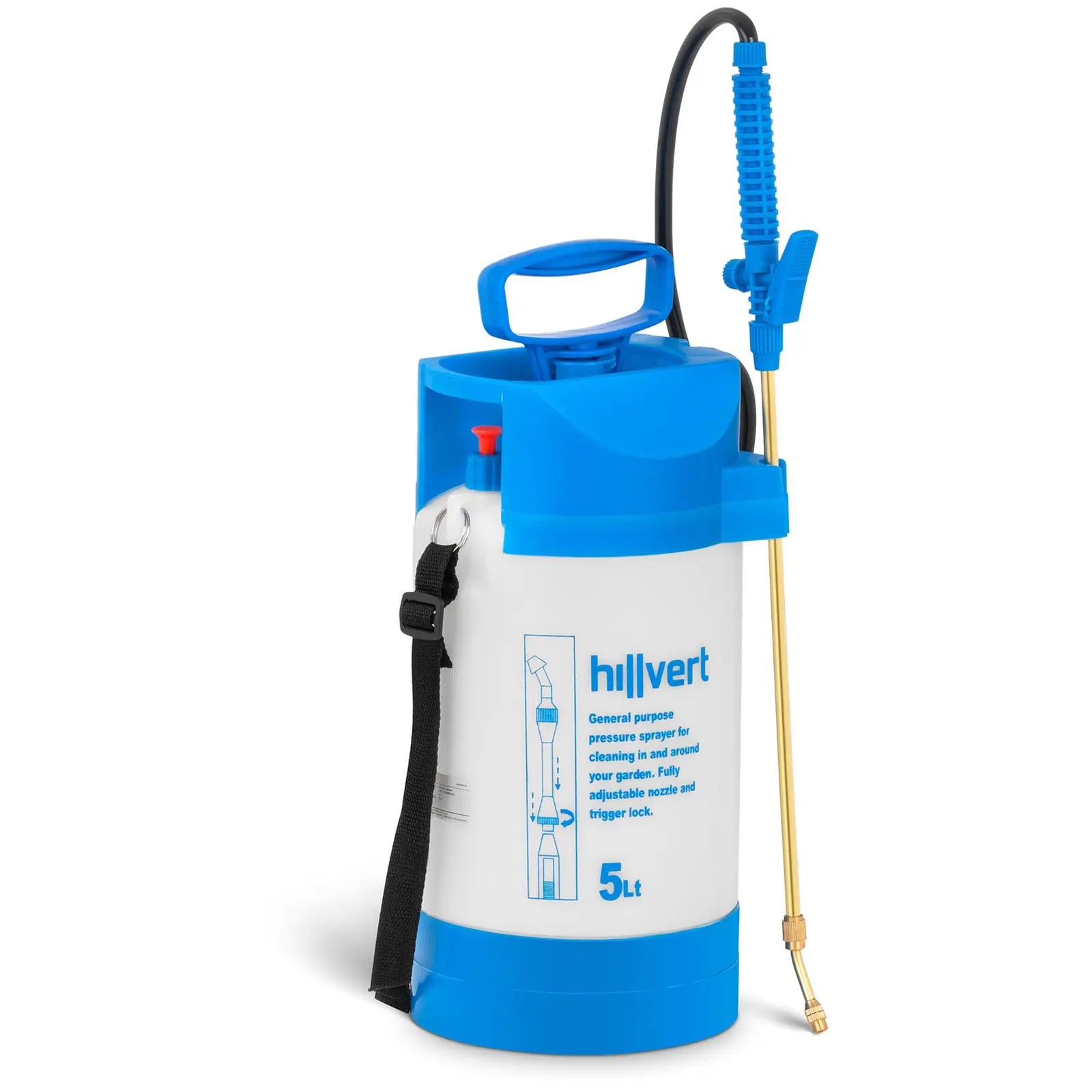
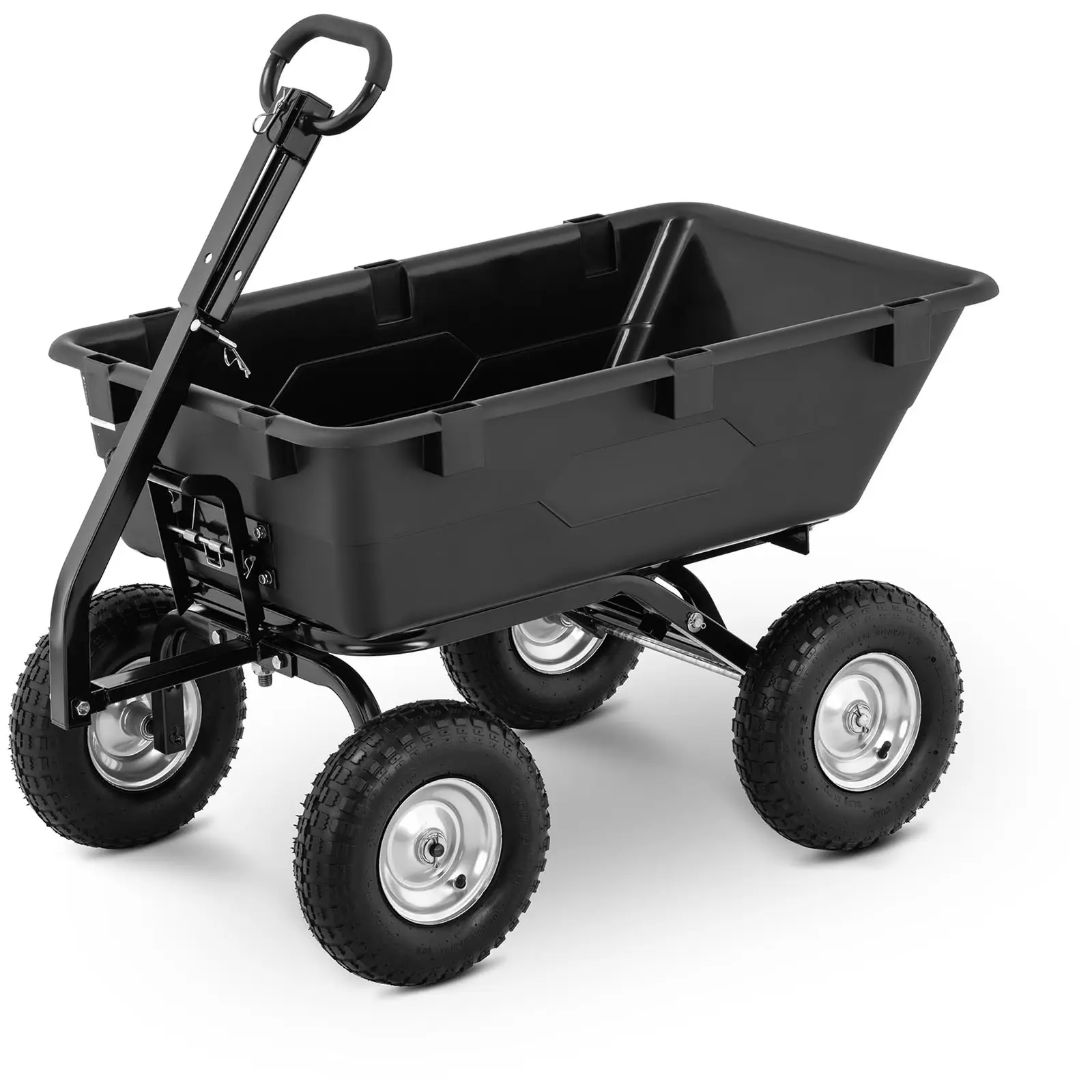
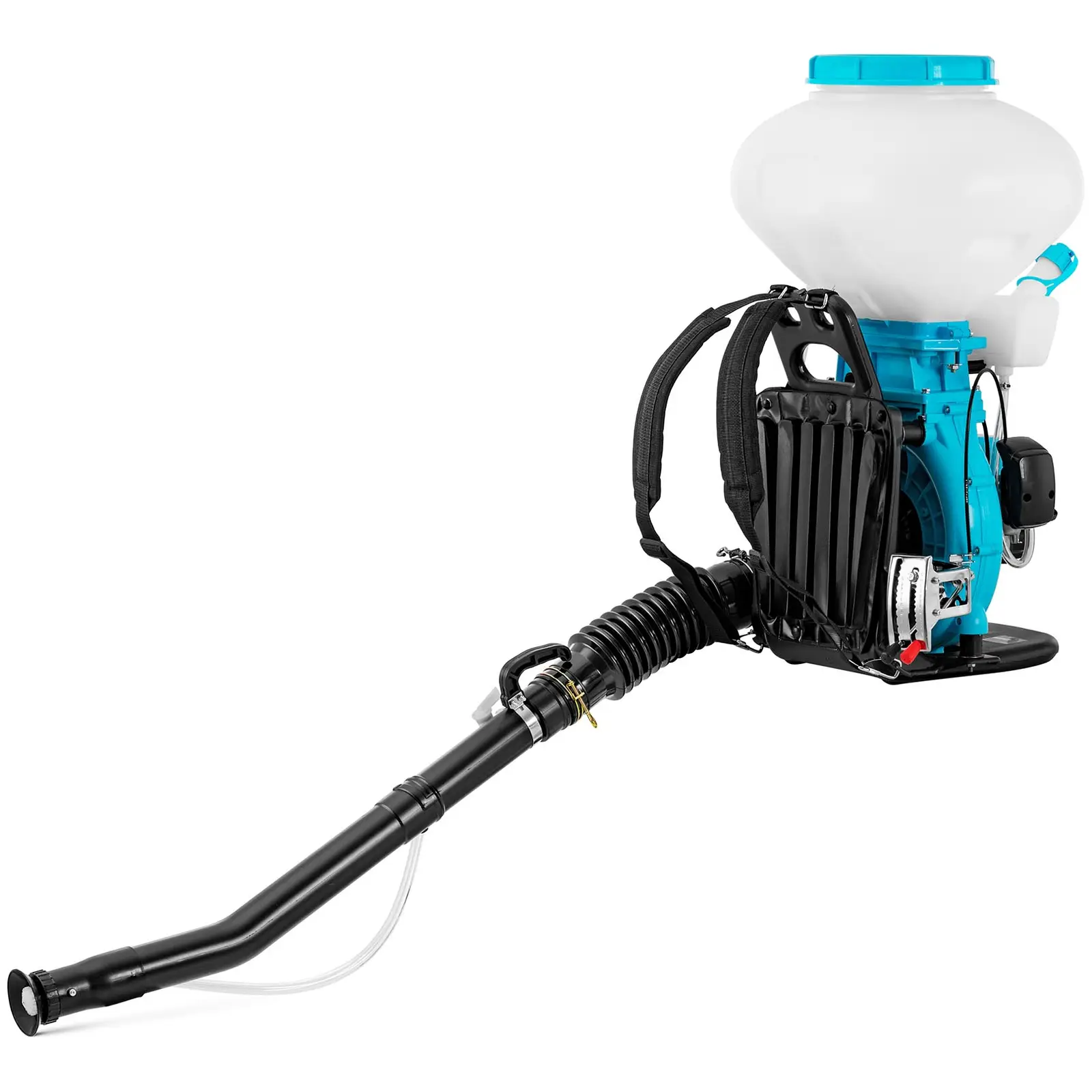

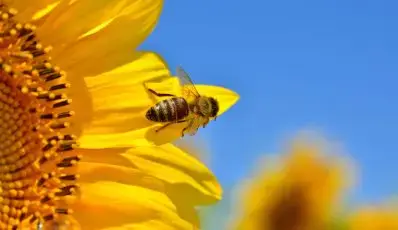
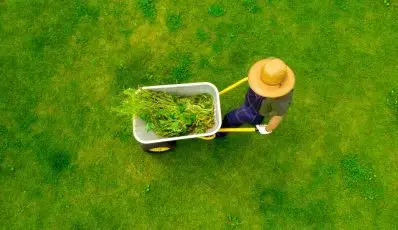


Share